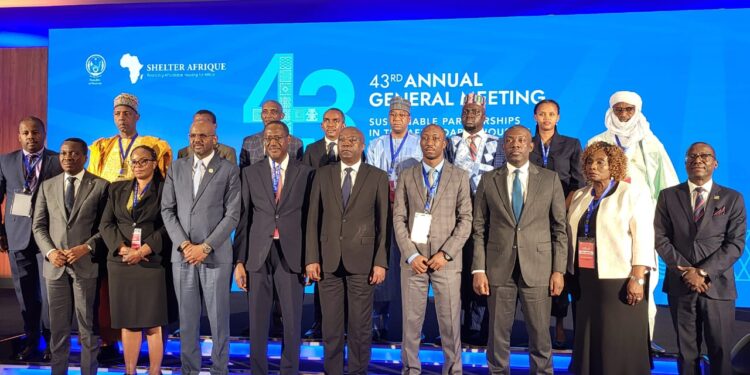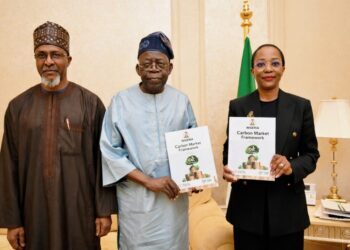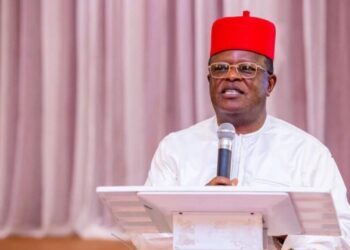By Bidon Mibzar, Abuja
Nigeria’s Housing and Urban Development Minister, Ahmed Musa Dangiwa, has called for a united front among African housing ministers to tackle the continent’s housing challenges.
Speaking at the 43rd Annual General Meeting (AGM) Symposium of Shelter Afrique Development (ShafDB) in Kigali, Rwanda, Dangiwa stressed the importance of innovative financing and ShafDB’s pivotal role. “ShafDB is Africa’s housing finance bank. It’s essential for Africa to support the bank’s growth and impact,” he stated.
Dangiwa announced the launch of a Financial Caucus of African Ministers of Housing and Urban Development during the AGM to foster partnerships and develop innovative housing solutions. This platform will promote synergy and experience sharing among African nations.
He also emphasized the necessity for a unified approach to address Africa’s housing issues and urged collective engagement with external stakeholders. A Kigali Declaration is expected at the AGM’s conclusion, symbolizing a commitment to prioritize housing development.
“The Kigali Declaration aims to unify our voices on shared challenges and climate change. It’s a structured roadmap on ‘How to Finance and Deliver’ with ShafDB,” Dangiwa said. “Our goal is to make a real difference, and it’s achievable.”
Thierno Hann, ShafDB’s Managing Director, and Dr. Chii Akporji, Board Chairperson, supported Dangiwa’s call for collaboration. They highlighted the Bank’s recent reforms, which better position it to provide affordable housing, and urged continued support from African countries through timely payments and effective project implementation.











